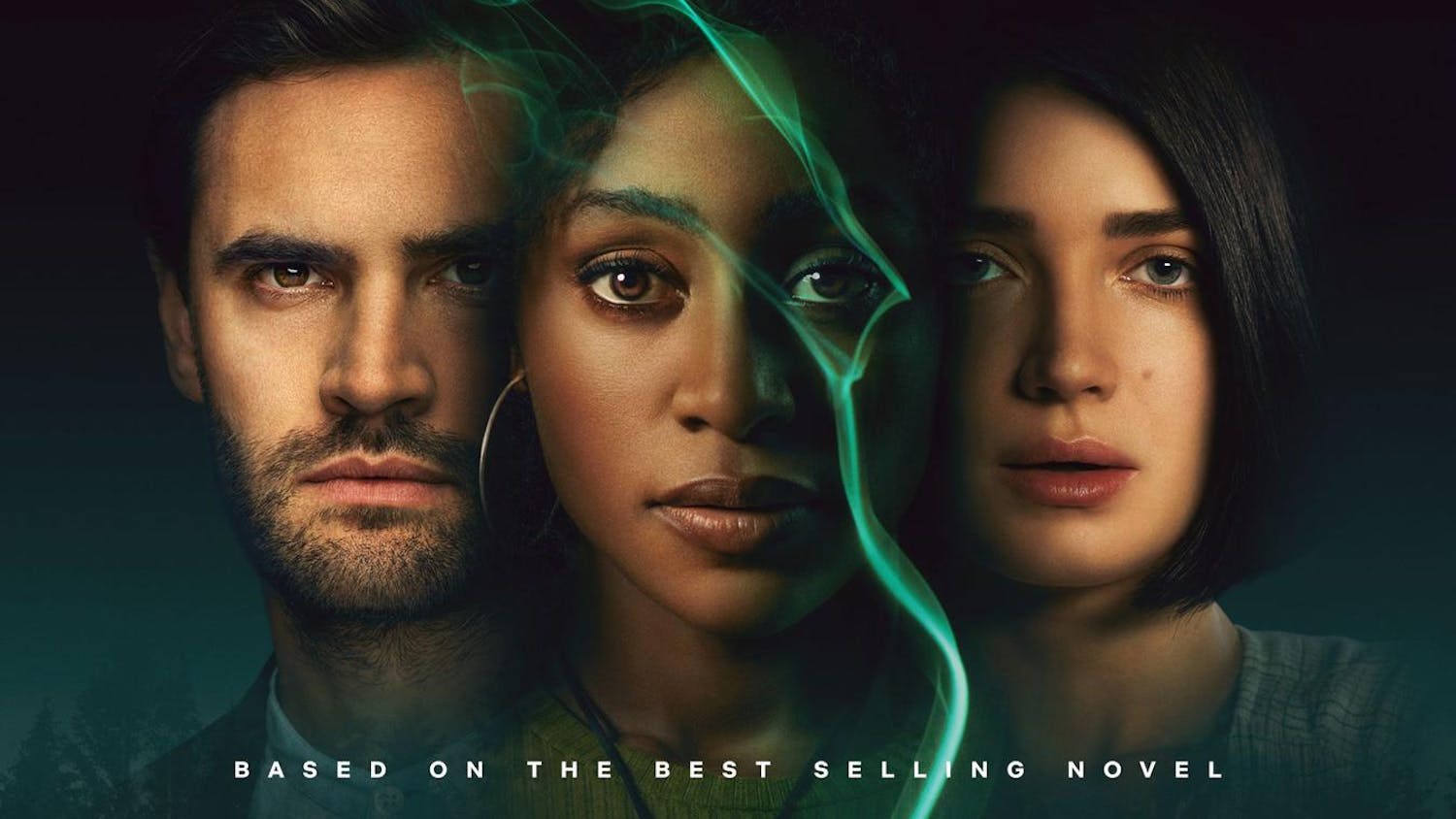As Women’s History Month comes to a close, I believe it is important to not only celebrate the strides we have made toward gender equality but also acknowledge the gaps still present today. As a woman and a filmmaker, I find it especially disheartening to see the ways in which women are actively underrepresented in positions of leadership in the film and television industry.
In 2024, among the top 250 domestic-grossing films, only 16% of the directors were women. In the 97-year history of the Academy Awards, women received only 10 nominations for Best Director: Lina Wertmüller, Jane Campion, Sofia Coppola, Kathryn Bigelow, Greta Gerwig, Emerald Fennell, Chloé Zhao, Justine Triet and Coralie Fargeat. However, these numbers are not the only narrators in this story of inequality. Many successful female filmmakers have been speaking out about the difficulties in trying to claim traditionally male-dominated positions.
I find myself especially drawn to the story of Jennifer Esposito. Most known for her acting in films such as Summer of Sam, Crash and Taxi, in 2023, Esposito premiered her directorial debut, Fresh Kills, a film about the untold stories of the wives and daughters in the New York Mafia. Esposito says that even though she was “offered 5 million dollars for a man to direct it,” she would not relinquish creative leadership. Ultimately, Esposito needed to mortgage her own home to produce the film. For 15 years, from pitch to premiere, Esposito demonstrated a remarkable resilience, entirely fueled by her passion to make this movie.
Jennifer Esposito struggled immensely to garner the resources and support to direct her movie. Even though Esposito already had success and fame from her previous work in film and television, when she began the journey of creating Fresh Kills, the industry did not take her seriously because she is a woman. Even worse, a woman trying to tell the story of a historically silenced group of other women. Without Jennifer Esposito’s name or notoriety, I cannot imagine the unique obstacles that an aspiring female filmmaker must face to tell her own story. As a young woman working to become a writer-director myself, Esposito’s experience makes me especially afraid of the challenges I will face as I carve my place in the industry.
Still, my grandma always tells me to look at the glass half-full, so along with fear, I also feel a sense of hopeful excitement. Esposito’s Fresh Kills exemplifies the untapped well of stories that only female filmmakers have the power to access. In the mafia genre, we have already seen how converging emotions of love and responsibility create powerfully nuanced family dynamics, like in The Godfather, and how chasing instant gratification and material gain fosters addiction and inhumane violence, like in Goodfellas. While Fresh Kills maintains all of these brilliant facets of its predecessors, by showing how growing up in the presence of abuse and submission, wealth and captivity, power and vulnerability creates an internal divide in the women of organized crime families, Jennifer Esposito offers a completely singular portrayal of a world we thought we already knew so well — all thanks to her unique female-point-of-view, unwillingness to compromise her vision and willingness to bring new meaning to the word dedicated.
Even beyond the actual content of the work, films with female directors statistically display signs of better gender equality across the entire project. Among the top 250 domestic-grossing films of 2024, on sets with a female director, women comprised 52% of writers, 27% of editors and 34% of cinematographers, while, on sets with only male directors, women accounted for 12% of writers, 17% of editors and 5% of cinematographers. The perpetual underrepresentation of women in positions of leadership restricts the natural creation of more diverse, inclusive and even supportive working environments.
Ellen Pompeo, an actor most known for her leading role on Grey’s Anatomy, recently opened up about the fact that showrunner, Shonda Rhimes, supported Pompeo both in her fight for more pay from the network and in her personal pregnancy and fertility journeys. As a fellow creator and mother, Rhimes supports the family lives of her cast and crew and understands that while being a parent changes one’s priorities, it also unlocks a whole new range and intensity of emotion that only strengthens one’s artistry. Because Rhimes understands what it means to be undervalued and underestimated in a male-dominated industry, she inherently fosters a nurturing set that allows creatives to perform without stress or inhibitions, thus elevating the overall caliber and meaning of the work.
In a 2018 interview discussing her directorial-debut, Lady Bird, my creative and professional hero, Greta Gerwig, expressed her happiness about that success of her film, saying, “I really think it is a moment that [the industry is] changing, and there’s just too many talented people and too much of an appetite for it not to continue to make these movies.” While there are statistics and stories that blatantly demonstrate inequality, as demonstrated by Esposito, Rhimes and Gerwig, there are also incredibly inspiring examples of female resilience, resulting in trailblazing creative leadership. Let’s use their displays of determination to fuel our own by supporting female directors and opening the door for their brilliance.
SophieAnn DeVito is a freshman in the College of Arts and Sciences, She can be reached at sgd56@cornell.edu.











